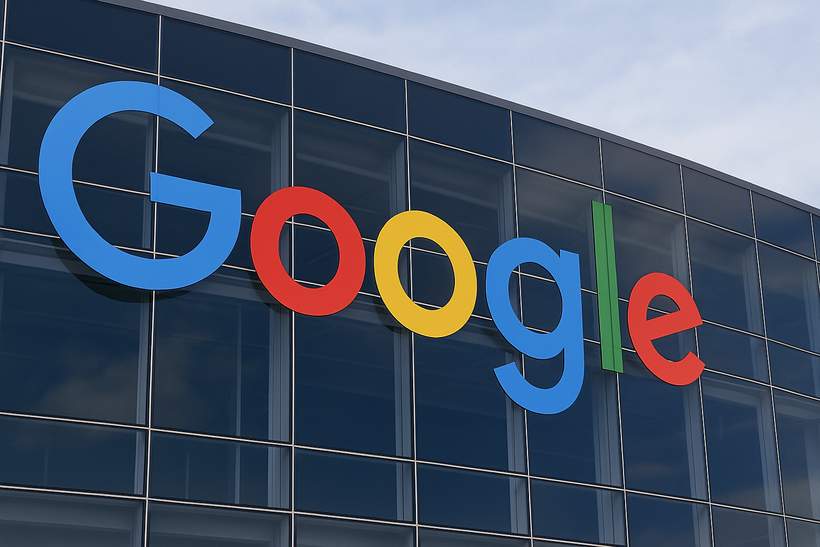Apple, Google, and Meta Face Lawsuits Over Casino Apps

Federal Judge Orders Tech Giants to Address Gambling Lawsuits
A federal court judge in the United States has ruled that Apple, Google, and Meta must respond to class-action lawsuits alleging that they profited from illegal gambling activities through casino-style mobile applications. The tech companies had attempted to dismiss these claims by invoking federal legal protections, but their efforts were unsuccessful.
Judge Dismisses Section 230 Protections for Tech Companies
The lawsuits, initially filed in 2021, accuse the three major technology firms of not only hosting social casino apps that mimic traditional slot machines and gambling games but also facilitating payments for virtual chips used within these apps. Plaintiffs allege that the companies took approximately 30% of the revenue generated through these in-app transactions, with total earnings exceeding $2 billion.
In a detailed 37-page decision dated September 30, U.S. District Judge Edward Davila rejected the companies’ reliance on Section 230 of the Communications Decency Act. This law typically protects online platforms from liability for content created by third parties. However, the judge determined that by processing the financial transactions tied to these casino apps, the companies went beyond acting as neutral intermediaries, thereby weakening their legal defense.
Judge Davila emphasized that the core of the case revolves around the companies’ involvement in enabling payments for these gambling apps, rather than the content itself. He noted that whether the firms acted as facilitators or direct operators of the platforms was not the central issue in the allegations.
Implications for Legal Protections Under Section 230
While Judge Davila dismissed certain claims based on specific state laws, he allowed most consumer protection allegations to proceed, with the exception of those related to California statutes. Recognizing the significance of the Section 230 questions, he granted Apple, Google, and Meta immediate permission to appeal the decision to the Ninth U.S. Circuit Court of Appeals.
The plaintiffs, representing numerous users, claim that these social casino apps encouraged gambling behavior that sometimes resulted in serious mental health issues, including depression and suicidal thoughts. They are seeking unspecified compensatory damages, along with additional penalties and remedies.
At this time, the tech companies involved have not publicly commented on the ruling. Requests for statements from Apple and Meta went unanswered, and Google’s representatives declined to comment.
Legal analysts suggest this ruling could have far-reaching effects on the technology industry, as Section 230 has long been a critical shield protecting online platforms from liability for third-party content. If appellate courts uphold Judge Davila’s interpretation, it may significantly narrow these protections and open the door to increased legal challenges concerning the business practices of major tech corporations. The case remains active in the U.S. District Court for the Northern District of California, combining three separate lawsuits against Apple, Google, and Meta.